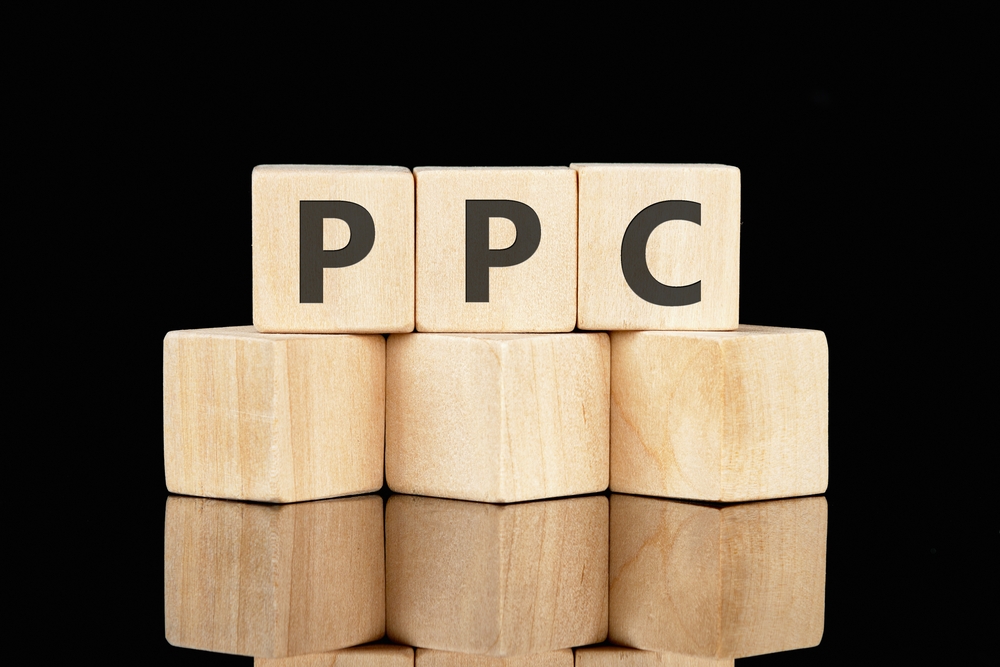
Theme Parks: PPC Budget Tips – Insights by a PPC Business for Theme Parks
Navigating the world of PPC can feel like a rollercoaster. Balancing between getting the most out of your budget and making sure your ads reach potential visitors is tricky. If you’re in the theme park industry, it’s even more of a challenge with seasonal fluctuations and varied audience segments. Finding that sweet spot where you maximise your budget and still attract crowds is what we’re focusing on today. From ad scheduling to keyword selection, we’re dishing out tips to help you get the most out of your advertising spend.
We’ve been helping theme parks just like yours to navigate these challenges with tailored marketing strategies. Take a peek at our Theme Parks PPC services to uncover more about how we’ve helped other parks reach new heights. And now, we’re pulling back the curtain to share some confirmed strategies that don’t just work on paper but are proven in the industry.
Understand Your Audience
You can’t just throw money at ads and hope for the best. The first step in any PPC strategy should be understanding who you’re trying to attract. Are they families, thrill-seekers, or maybe tourists? Once you know who your ideal visitor is, you can better tailor your ads to appeal to them. Use tools like Google Analytics to get insights into demographics, locations, and interests. This past year, many theme parks that drilled down into their customer profiles found their PPC performance improved significantly, showcasing the power of targeted advertising.
Set Clearly Defined Goals
Before spending a penny, determine what you want your campaign to achieve. More ticket sales? Increased website traffic? Knowing exactly what you’re after lets you allocate your budget accordingly. In 2023, the most successful theme parks broke down large goals into smaller, actionable steps. By doing this, they tracked their progress more effectively and adjusted their approach as needed.
Optimise Your Keyword Strategy
Keywords are at the heart of PPC. Focus on a mix of generic and long-tail keywords relevant to theme parks. Remember, last year’s data showed that long-tail keywords often lead to better conversion rates because they target more specific search intents. Use negative keywords too, to filter out traffic that doesn’t convert. For example, if your park doesn’t offer large group discounts, you might want to include ‘discount’ or ‘cheap’ as negative keywords.
Timing is Everything
When your ads show matters as much as what they say. Analyse your park’s visitor data to determine peak planning and booking times. Whether it’s during summer or festive seasons, align your PPC campaigns to coincide with these periods. Save budget by reducing ad spend during off-peak times and invest more during the months when people are most likely to visit a theme park. It might have surprised some in early 2024 to find just how much impact schedule-based adjustments had on their return on investment.
Experiment with Ad Formats
Don’t stick to just one type of ad. Theme parks have had great success since last year by tapping into dynamic ads, where content adjusts based on who is viewing it. Test different ad formats to see which ones resonate most with your audience. Video ads, for instance, creatively showcasing the fun experiences visitors can enjoy, have been especially engaging.
Monitor and Adjust Regularly
The work doesn’t stop once ads are live. Keep a close eye on your campaign’s performance. Are clicks translating into actual visits to your theme park? Use conversion tracking to identify where you might need to tweak your strategy. For theme parks we’ve worked with over the years, monitoring and adjusting their strategy regularly has been a game-changer.
Leverage Remarketing Strategies
Remarketing is often underused but can drastically improve your conversion rates. Target visitors who showed interest but didn’t convert. Cater to their interests with tailored ads that remind them of what they’re missing out on. This strategy became a key performer in theme parks’ campaigns throughout 2024, recapturing the interest of folks who were initially just browsing.
In conclusion, theme parks that succeed in PPC have more than a good budget—they have a well-thought-out plan that’s continually tested and refined. It’s not just about spending money; it’s about spending smart. Reflect on what you’ve learned from past campaigns and consider how you can apply these insights today.
Need expert advice to make the most of your PPC campaigns? Don’t hesitate to reach out for PPC management for Theme Parks services. We’re here to help you craft campaigns that truly make a splash.
